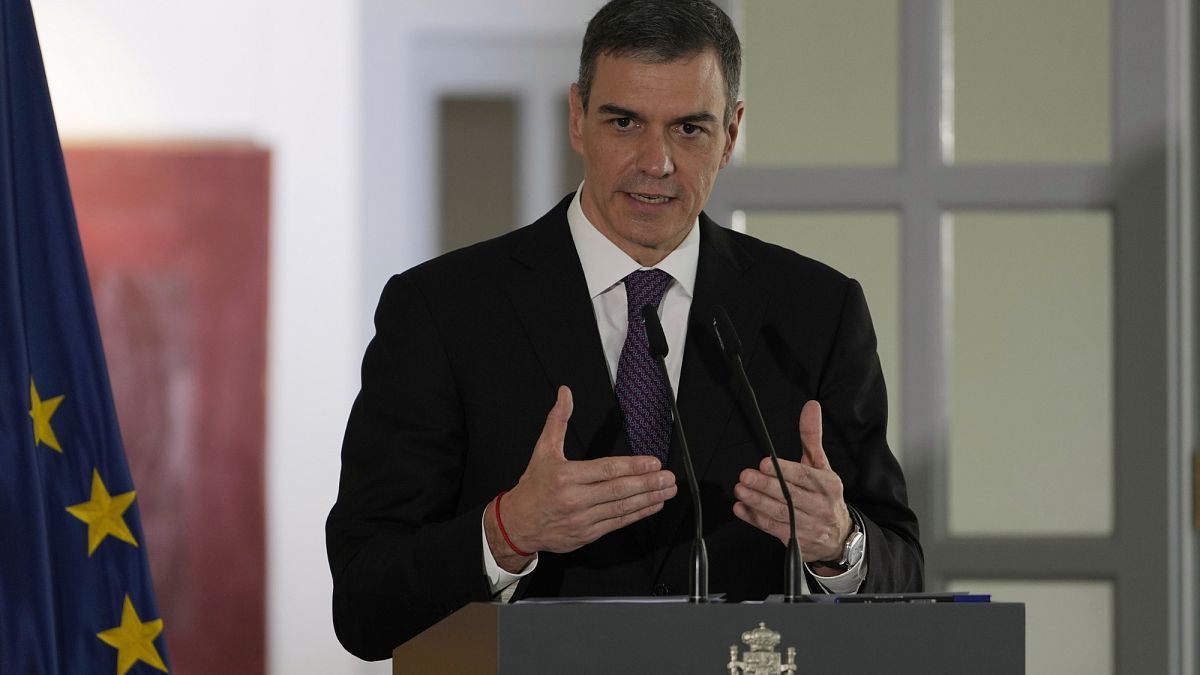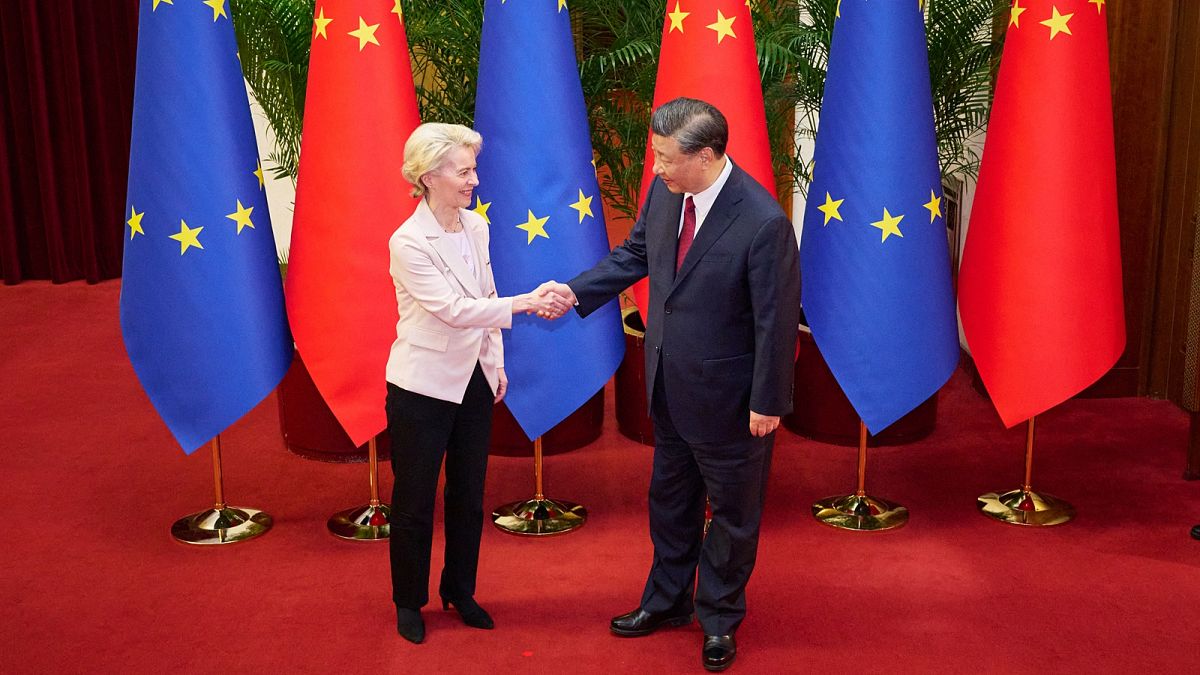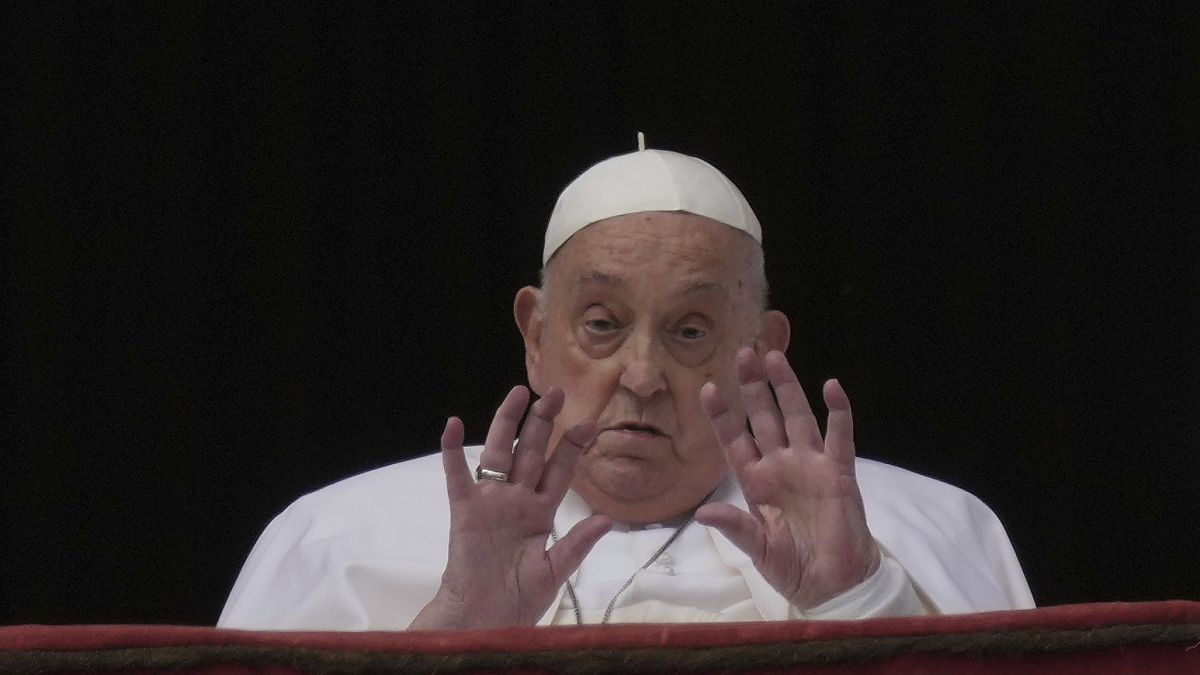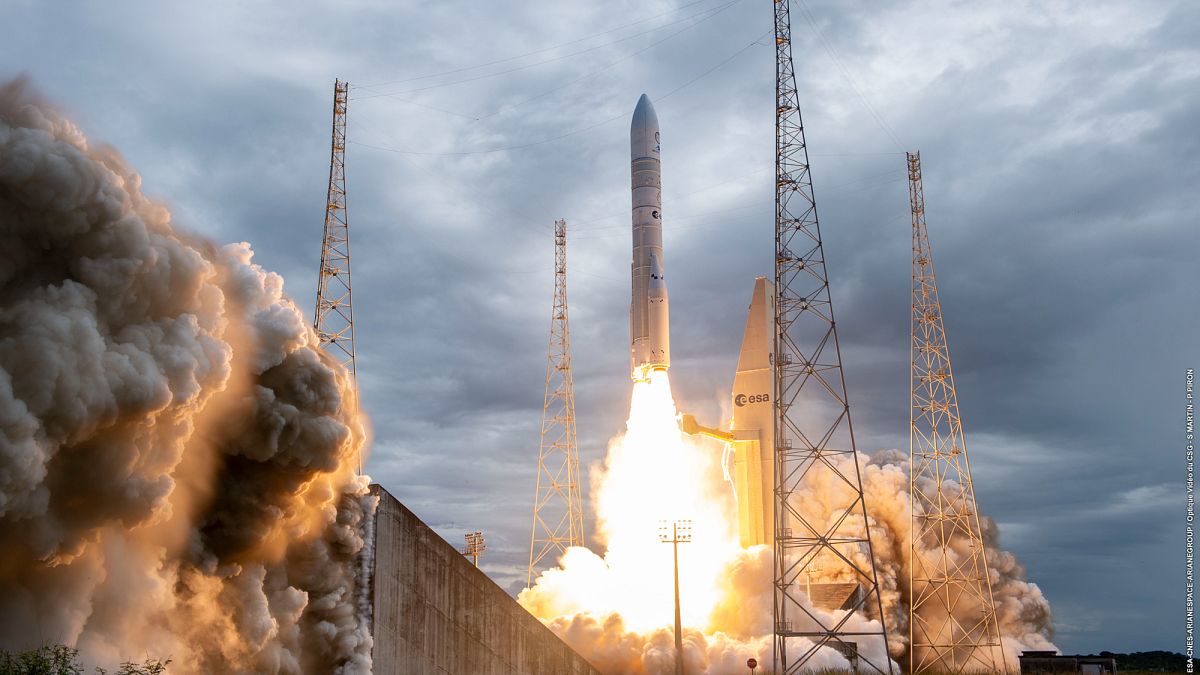Russia has launched air strikes on both Odesa and Zaporizhzhia, less than 24 hours after a purported Easter ceasefire unilaterally declared by Moscow ended and just over a day before Ukrainian, British, French and US officials are due to meet in London to discuss the war.
Odesa came under a "massive attack" by Russian drones overnight, injuring at least three people, the head of Odesa regional administration, Oleh Kiper, wrote on his Telegram page.
A residential building in a densely populated urban area, civilian infrastructure and an educational facility were hit, he said.
And during Tuesday, Russia hit the southern Ukraine city of Zaporizhzhia with two massive aerial glide bombs, a retrofitted Soviet weapon that for months it has used to lay waste to eastern Ukraine.
The attack killed a 69-year-old woman and injured 22 people, including three children, according to regional governor Ivan Fedorov.
Kremlin spokesman Dmitry Peskov said there are no plans for talks on Ukrainian President Volodymyr Zelenskyy’s proposal to halt strikes on civilian facilities.
He said Moscow is prepared to consider such a step but noted that reaching an agreement could take time.
"While talking about civilian infrastructure, it’s necessary to clearly define when such facilities can be a military target and when they can't," he said.
"If a military meeting is held there, is it a civilian facility? It is. But is it a military target? Yes, it is. There are some nuances here that need to be discussed."
The Ukrainian air force said Russia fired 54 Shahed and decoy drones at Ukraine overnight, marking a resumption of long-range attacks that have devastated civilian areas.
Russia has stepped up in the past months its use of Shahed drones, expanding its production of the weapon and refining its tactics, the International Institute for Strategic Studies said in a recently published analysis.
After Putin declared a unilateral ceasefire on Saturday, Ukraine said it was ready to reciprocate but said Russian attacks were continuing.
Ukrainian President Volodymyr Zelenskyy said that Russia violated the ceasefire more than 2,900 times.
Anticipation is building over whether diplomatic efforts can stop more than three years of fighting since Russia’s full-scale invasion of its neighbour.
Hostility has run deep between the two sides since Russia invaded and illegally annexed Ukraine’s Crimean Peninsula in 2014.
Trump said last week that negotiations were "coming to a head" and insisted that neither side is "playing" him in his push to end the grinding war.
This came after Secretary of State Marco Rubio suggested last week the US might soon back away from negotiations altogether if they don't progress.
He spoke in Paris after talks among US, Ukrainian and European officials produced outlines for steps toward peace and appeared to make some long-awaited progress.
A new meeting is expected on Wednesday in London and Rubio suggested it could be decisive in determining whether the Trump administration continues its involvement.

 3 hours ago
1
3 hours ago
1






 We deliver critical software at unparalleled value and speed to help your business thrive
We deliver critical software at unparalleled value and speed to help your business thrive






 English (US) ·
English (US) ·